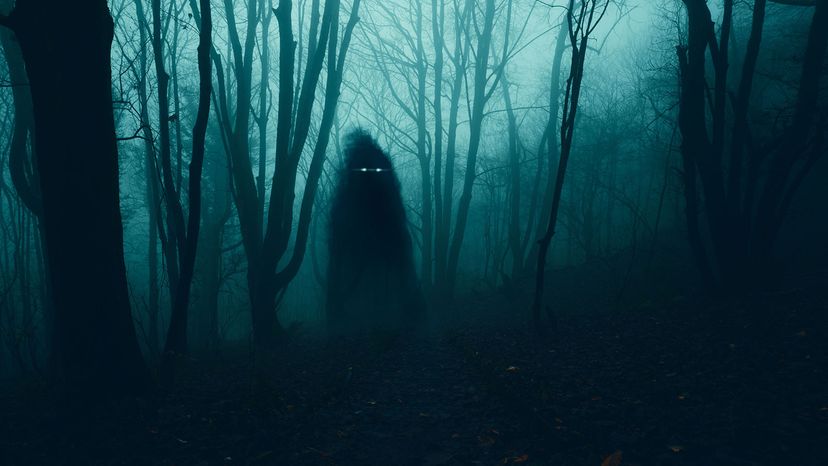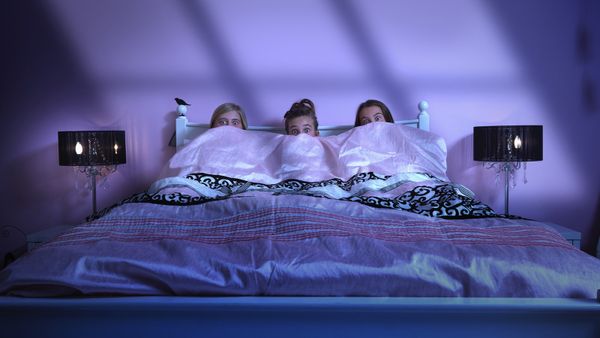
By day, Lisa (last name withheld) in Charleston, South Carolina has it all together: a solid marriage, beautiful kids, thriving career. By night, however, the beauty fades and something more sinister takes over. Lisa suffers from chronic, unpredictably spaced nightmares and has for decades. "Sometimes I will have multiple per night. Sometimes I will go two or three weeks without [one]," she explains in an email interview.
Lisa isn't visited by the second coming of Freddy Krueger or anything like that, but the content of these terrible dreams is still pretty jarring. In one recurring nightmare, she's driving too fast through a notorious Atlanta highway interchange known as "Spaghetti Junction," and goes off the edge, crashing to her death. "It goes through my mind that I know I am doing it and everyone is going to be so disappointed in me," she says.
Advertisement
Another example has her hunting down a demon in her mother-in-law's house. "I have to work hard to climb and get to the demon, who is deep within the house, but with each dream I get closer," she recalls. "The most recent one, I was looking through a knot in the wood door and he was looking back at me, eye to eye. It was horrible."
Everyone has the occasional nightmare. Roughly 5 percent of the general population has at least one bad dream per week, says clinical psychologist and sleep expert Dr. Michael Breus in an email interview. "Nightmares typically happen during REM sleep, during the middle and later portions of the night," he explains. "Because of where nightmares tend to fall in the sleep cycle, and because of the intensity of their imagery and emotions, nightmares will result in some degree of awakening. You may bolt upright in bed and have trouble returning to sleep, thanks to a nightmare."
We don't know exactly why nightmares happen, but Breus says it's possible that they help the brain, "practice, prepare for and even anticipate difficult or dangerous experiences in waking life." In fact, often such issues need attention in daylight hours, so it's possible that Lisa lives in fear of a highway crash or needs to talk some things over with her mother-in-law. "Of course it's possible that nightmares, like dreams in general, don't have a primary function — that they're a byproduct of other activities in the body," says Breus. "But most sleep scientists think that dreams and nightmares exist for some purpose."
One study found the most common nightmare was falling, followed by dreams of being chased, of dying, feeling lost, and feeling trapped.
Advertisement


